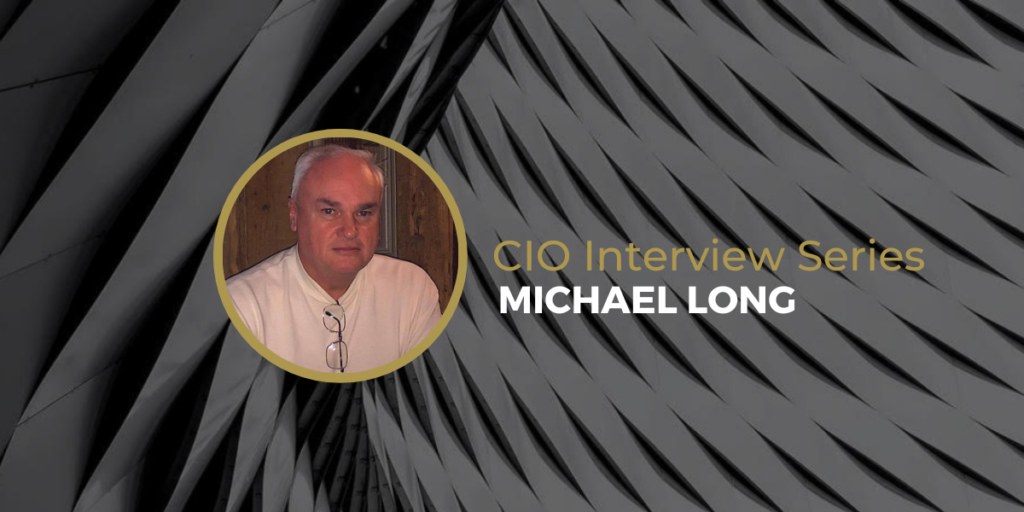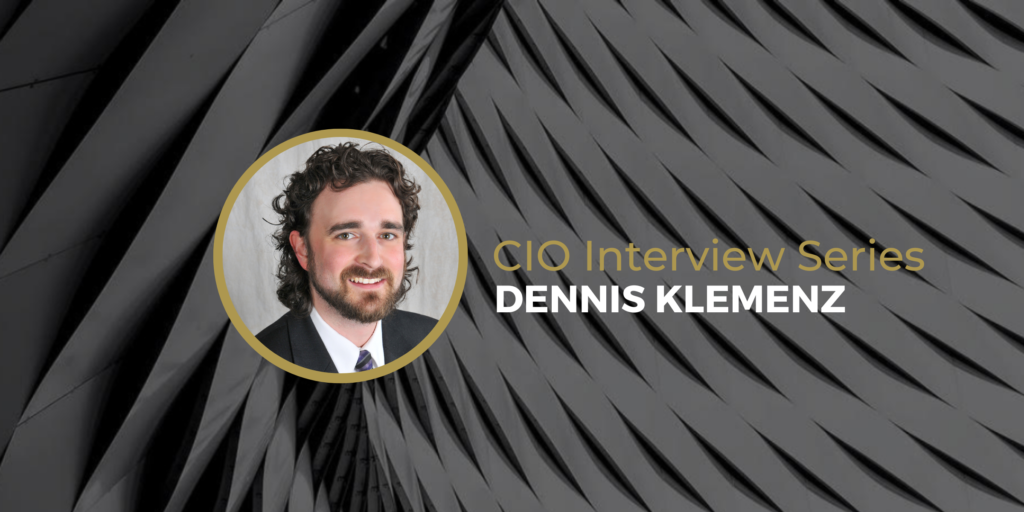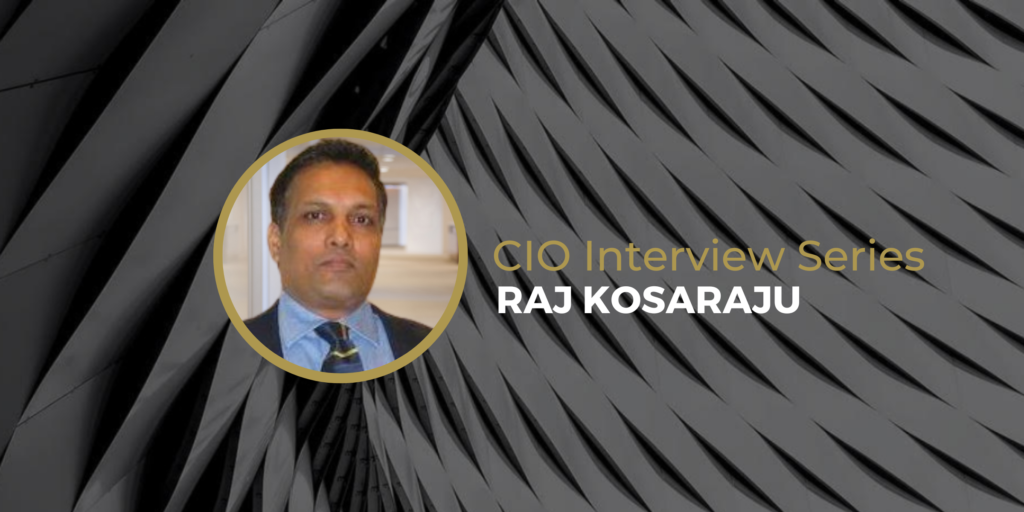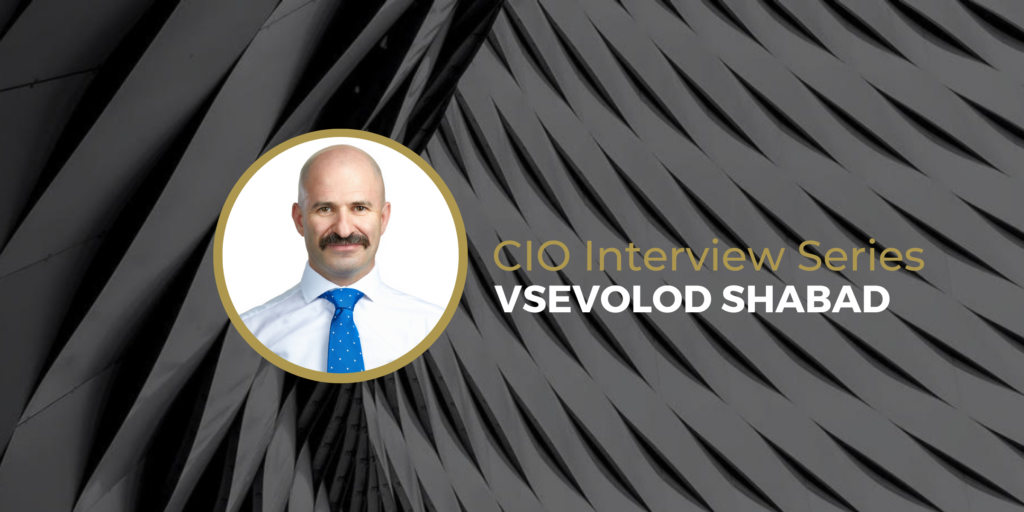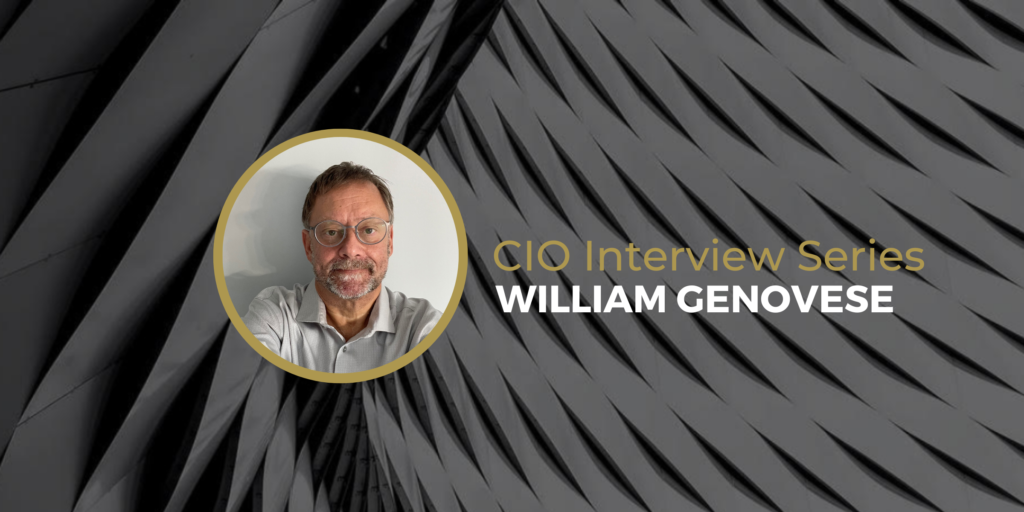Niel Nickolaisen
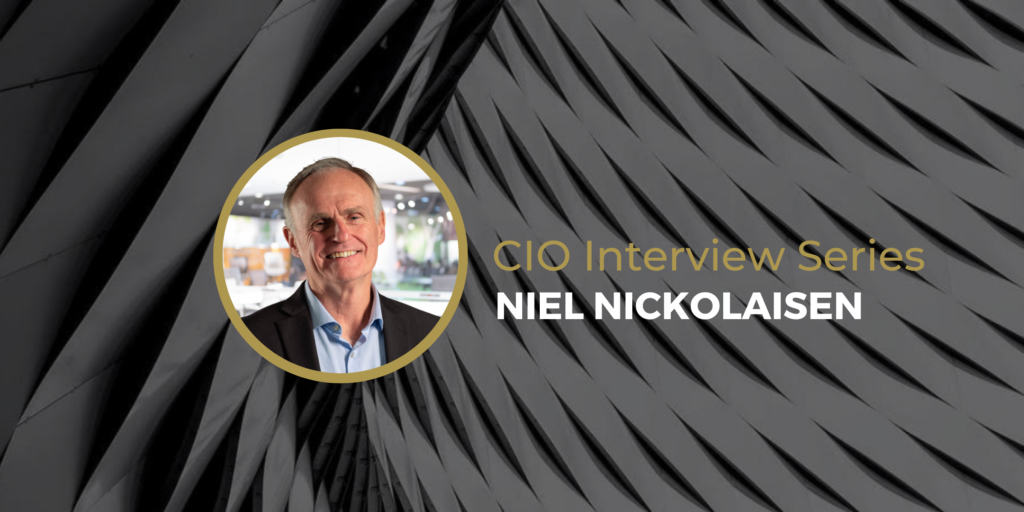
Chief Information Officer at Sorenson Communications
Can you please provide a little introduction about yourself
I have spent my IT career doing IT turnarounds and transformations. About six months ago I finished a major transformation of converting a manufacturing company into a software company. I am now at Sorenson Communications. We are the telephone and communications system for deaf and hard-of-hearing persons. Sorenson is a great company with a great mission – to make communication accessible to everyone. At Sorenson my role is to modernize the infrastructure, business systems and processes and leverage our data to improve our reach and impact. We are based in Salt Lake City, UT but have employees around the US and are expanding into the rest of the globe.
What has your journey to your position been like? What path have you taken?
I got into my IT leadership role through spite and anger! I started my career in mechanical engineering but then discovered my super power for process improvement and became a lean process aficionado. I was the Vice President of Operations for a consumer packaged goods company and owned manufacturing, distribution and supply chain management but spent a decent portion of my day complaining about how badly IT was run and performed. After a particularly bad system deployment I complained so loudly that, in order to get me to shut up about IT, they made me the CIO. The rest is history – 20ish years of trying get better at IT leadership, a decent number of failures and a decent number of successes. I have loved it and cannot imagine ever doing anything else. The role of IT in the organization has changed and continues to change – can any organization succeed today without amazing technology and IT teams?
Has it always been your vision to reach the position you’re at? Was your current role part of your vision to become a tech leader?
That is a great question. Given how I got into IT (through spite and anger) I am sometimes shocked how my career has turned out. So, to answer the question, what I do was never my vision. I developed a passion for process and continuous improvement and being an IT leader lets me apply that across the entire organization. Who, besides IT, knows about all of the horizontal processes of the company? Who, besides IT, is in a better position to improve those processes? And, since today all organizational opportunities and possibilities come via technology, who, besides IT, is in a better position to guide and influence the organization as it deals with the present and charts its future? I cannot imagine a better role to have than one that has such impact on the organization and its outcomes and culture.
Have you had a role model or mentor that has helped you on your journey?
When I was first thrust into that first CIO role I reached out to a number of successful CIO’s to ask them the keys to success. I cannot remember all of their names but they, early in the evolving role of IT leadership, taught me things that I use today. One of them told me to not get too tied up in the technology or backend infrastructure. These are important but, she said, to your customers, IT is an icon on the desktop. Those customers do not know or appreciate what it takes to deliver the service that icon represents so make the delivery of that service a great customer experience. This was twenty-is years ago – shortly after Al Gore invented the internet. Almost everything has changed since then except for the concept of our IT role as the providers of mission-critical services to our customers. This principle guides me today. For example, we are in the starting phases of a massive cloud migration. When members of my team worry about how this effects their roles, I remind to focus on the services they deliver – and those services are distinct from and not tied to hardware and data center management. It is the services we provide that matter. This has also led me to take more of a “product management” approach to these services than a “project management” approach. If we view our services as products then we are constantly looking at how they need to evolve and change as technologies, the organizational needs and the competition change. This also leads into more agile / adaptive methods as we think in terms of service / product releases rather than fixed start and end projects. Sorry for the long rambling answer but those CIO conversations early in my CIO career have guided my entire approach to life.
How do you see the role of the technology leader evolving over the next 5 years?
Over the past ten years the role of IT in the organization has changed from a support role to a leadership role. All (or perhaps all but 1%) of all opportunities and possibilities come from technology – social, mobile, analytics and cloud (SMAC). This has put us and our teams into a leadership / advisor / guide / influencer role. This role is very different from our support role. I expect this continues for the next five years – the technology will continue to change, evolve and innovate. In parallel, we need to change, evolve and innovate our roles.
What skills do you think leaders of the future will need in order to thrive?
I think the most important skills are these:
- Influential leadership. We need to lead – through influence – our teams, our executive team peers and their departments, our presidents/CEO’s and our boards of directors – into a technology-driven future.
- Flawless delivery. Our services are more mission-critical than ever and so we cannot have bad days or implementations. Perhaps more importantly, if we want to be influential, we must have the credibility in the organization that comes from operational excellence and great delivery.
- Innovation assessment. We need to be able to look into the future and know which types of technologies will most help and have an impact on our organizations. Things are changing and changing quickly and we need to be able to place technology innovation bets that turn out well.
How do you keep current with new skills, technologies and personal development?
In terms of skills, I question myself every day and ask if I still have what it takes. In terms of technologies, I have relationships with venture capital firms that do early-stage funding and help me get a sense of the technology futures. I also query my network of IT leaders as the types of technologies they are pursuing.
What do you see as the next leap in technology that will impact your business or industry in particular?
We will apply automation more broadly. The data sets are getting better. The machines are getting smarter. The technology is getting better. This will extend beyond business processes to IT processes. If anything is repetitive, we will automate it. If something has limited amounts of exception-handling, the machines will figure out how to take those over. If something is driven by exception-handling, we will be gathering the data that lets the machines start to take it over.
“To those who want to be a CIO, they need to get involved in implementing a high-stakes, high-impact business system (ERP, CRM, et cetera).”
If you were mentoring a leader of the future, what advice or guidance would you give to help them on their way?
Historically I have advised those who want to be a CIO that they need to get involved in implementing a high-stakes, high-impact business system (ERP, CRM, et cetera). This exposes future IT leaders to business process analysis, business rules and, most importantly, influencing others to change their business processes and rules. I believe this is still the best track for future CIO’s.
Is there anything in particular that you would still like to achieve in your career or what is the next step on your journey?
I just want to slowly ride off into the sunset and prepare for my next career as a Walmart greeter. But, one of my sons once told me that I should not do anything in which I interact with the general pubic as I do not do well with the general public
If you could change one thing in the world, what would it be?
We can iterate our way to the future and success. Let’s start with one step, take that step, ask if that step worked and, if it did, take another step. If that step did not work, we revise our approach. We can accomplish amazing things but do not need to wait until we know everything or have it all perfectly defined before we start. Let’s move and revise along the way.
A big thank you to Niel Nickolaisen from Sorenson Communications for sharing his journey to date.


